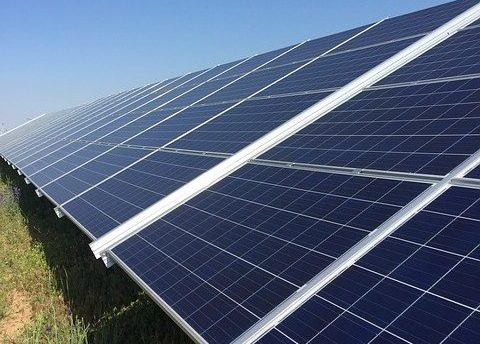More than 260 GW of additional capacity for renewable energy was installed worldwide in 2020, despite the coronavirus pandemic.
Growth in the sector jumped by 50%, according to data released Monday by the International Renewable Energy Agency (IRENA), but in Belgium, the transition away from nuclear hasn’t been without its challenges.
More than 80% of all new electricity capacity installed last year across the globe was from renewable energy sources. Solar and wind made up 91% of that new capacity.
“The relative growth of renewables is partly due to the decline in net fossil fuel power generation capacity in Europe, North America, and, for the first time, Eurasia,” IRENA said.
Related News
- Belgium could be producing too much electricity on 1 out of every 4 weekends
- Energy company must plant 150,000 trees to compensate for new gas plant
In total for 2020, 60 GW of new fossil fuel capacity came on stream, compared to 64 GW in the previous year, showing a continual slowdown in fossil fuel expansion.
“What these figures reveal is a story of resilience and hope. Despite the challenges and uncertainty that have loomed over 2020, renewable energy has become a fundamental source of optimism for a better, more equitable, resilient, clean and just future,” said IRENA Director-General Francesco La Camera.
“Despite these challenging times, 2020 marks, as we predicted, the advent of the renewable energy decade.”
The increase in installed capacity exceeds long-term projections for more modest year-on-year growth by 10.3%.
By the end of 2020, global renewable energy capacity stood at 2,799 GW, with hydropower still in the lead (1,211 GW), but solar and wind catching up fast.
The Brussels Times

